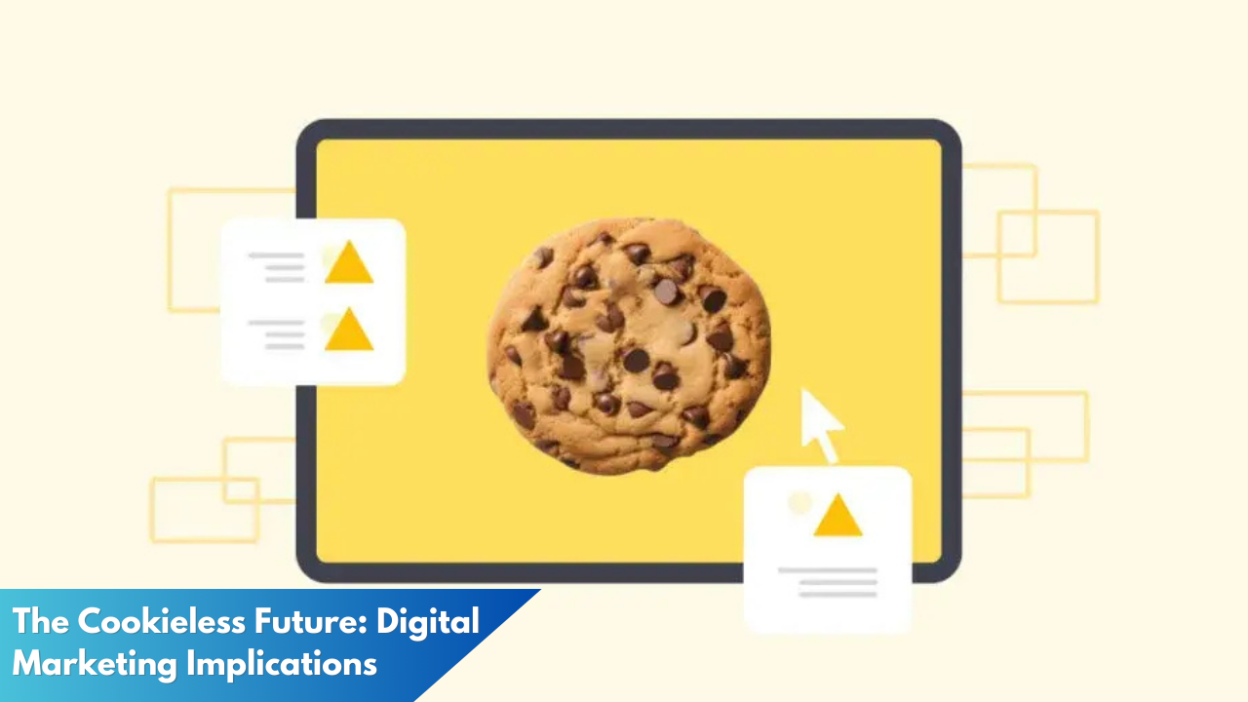The digital marketing landscape is undergoing a significant transformation as the industry moves towards a cookieless future. With major browsers announcing plans to phase out third-party cookies, marketers are being compelled to rethink their strategies. This shift, driven by increasing consumer privacy concerns and regulatory changes, is reshaping how digital marketers connect with audiences and measure campaign effectiveness. The implications are profound, requiring a strategic pivot in targeting, data collection, and customer engagement.
Navigating the Shift to a Cookieless Future
The transition to a cookieless future is driven by growing demand for enhanced user privacy and data protection. Third-party cookies, long used to track users across the web for targeted advertising, are being phased out by major browsers like Google Chrome, Safari, and Firefox. This change is in response to heightened scrutiny from regulators and privacy advocates who argue that these cookies compromise user privacy. As a result, digital marketers are facing the challenge of finding new ways to reach their audiences without relying on these ubiquitous tools.
To adapt to these changes, marketers are exploring alternative technologies and methodologies. One such approach is the increased use of first-party data, which is collected directly from customers through interactions on websites, apps, and other owned platforms. This data tends to be more reliable and compliant with privacy regulations, providing a more holistic view of customer behavior. Additionally, investing in data management platforms and customer data platforms can help marketers leverage this information effectively, ensuring personalized and relevant interactions while respecting user privacy.
Furthermore, the rise of contextual advertising can bridge the gap left by the absence of third-party cookies. Contextual advertising targets users based on the content they are currently engaging with, rather than their past browsing history. This method respects user privacy while still allowing advertisers to deliver relevant messages. By focusing on the context and creating content that aligns with user interests, marketers can maintain effective engagement with potential customers without infringing on their privacy.
Impacts on Digital Marketing Strategies
The shift towards a cookieless future necessitates a reevaluation of digital marketing strategi
es. One of the most significant impacts is on audience targeting, which has traditionally relied heavily on third-party cookies. Marketers now need to invest in developing robust first-party data strategies to ensure they can continue to understand and engage their audiences effectively. This involves building stronger relationships with customers to encourage direct data sharing, as well as leveraging loyalty programs and subscription models to collect valuable insights.
Measurement and attribution are also being redefined in this new landscape. Without third-party cookies, tracking user journeys and attributing conversions to specific marketing efforts becomes more challenging. Marketers must adopt new attribution models that rely on first-party data and advanced analytics techniques, such as machine learning, to gain insights into the customer journey. This shift may lead to a greater focus on multi-touch attribution and incrementality testing to understand the true impact of marketing activities.
Collaboration and innovation are critical as marketers navigate this transition. Industry players are coming together to develop new standards and technologies that prioritize privacy while still enabling effective digital advertising. Initiatives like Google’s Privacy Sandbox and the development of universal IDs are examples of how the industry is working to create solutions that balance user privacy with the need for targeted advertising. Marketers must stay informed and agile, ready to adapt their strategies as new tools and technologies become available.
The move towards a cookieless future is both a challenge and an opportunity for digital marketers. While the loss of third-party cookies disrupts traditional methods of audience targeting and measurement, it also paves the way for more privacy-conscious strategies. By embracing first-party data, contextual advertising, and innovative attribution models, marketers can continue to engage effectively with their audiences while respecting their privacy. As the industry adapts to this new reality, those who are proactive and open to change will be best positioned to succeed in the evolving digital marketing landscape.



